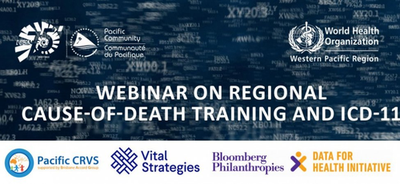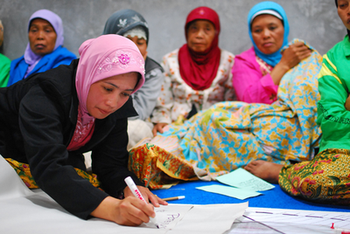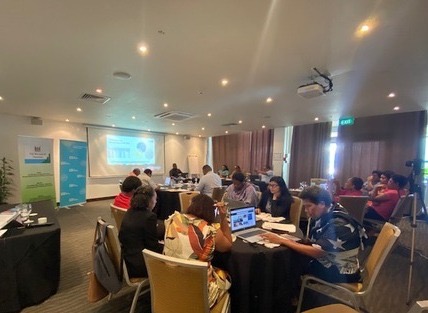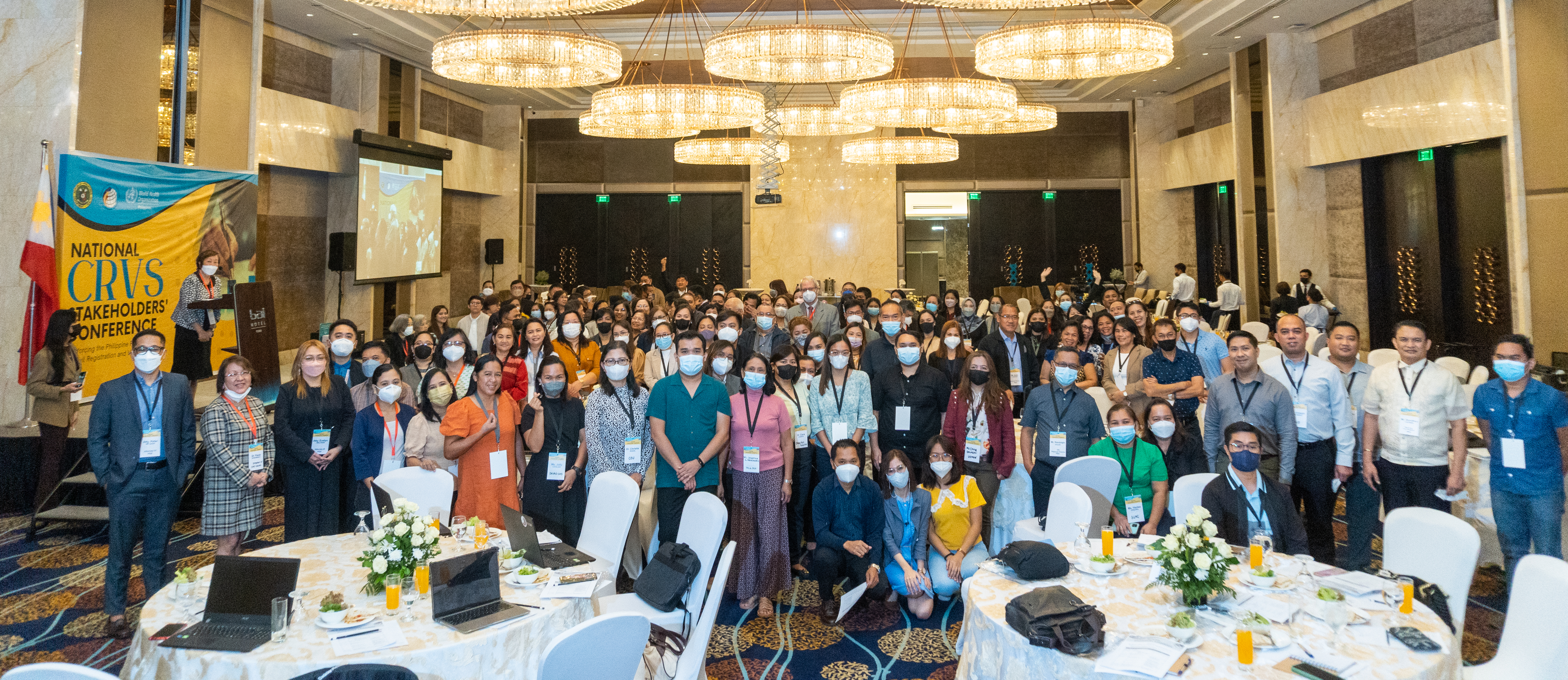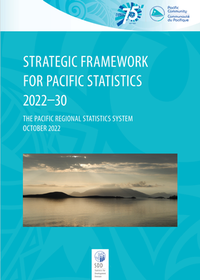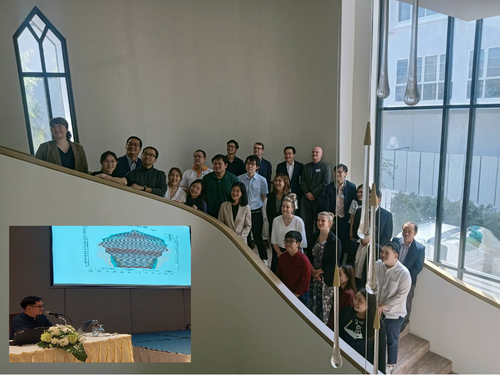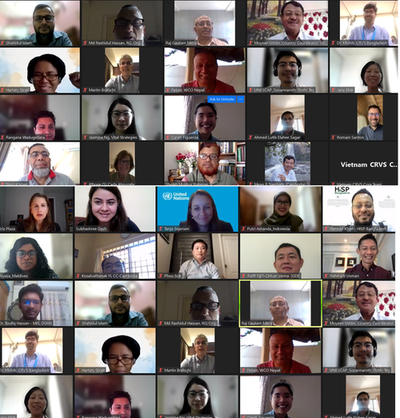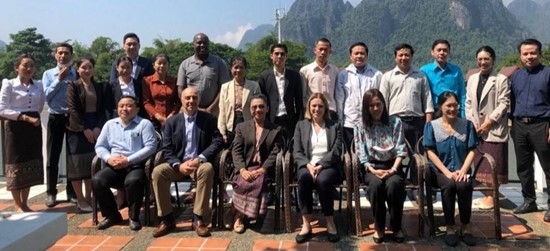On 19 September 2017 in New York, the International Labour Organization launched two seminal reports: Global Estimates for Child Labour: Results and Trends, 2012 – 2016 and Global Estimates of Modern Slavery: Forced Labour and Forced Marriage. Following the multi-year, collaborative research project conducted with Alliance 8.7 Members, the Walk Free Foundation and the International Organization for Migration, the reports reveal what the ILO deems the “true scale of modern slavery around the world”. Notably, the Child Labour report highlights the importance of birth registration, specifically as it pertains to building a policy response to child labour for the road forward.
First, the report emphasizes that, “Free and compulsory education of good quality up to the minimum age for admission to employment is a key tool in ending child labour”, but also notes that the cost to the family is one of the primary barriers preventing educational access for children. In response, the report stresses the need for investment in child education and singles out the link between cash transfers, non-means-tested benefits, and birth registration as a viable method for offsetting “the indirect cost of children’s time in school”.
Second, the report acknowledges poverty, risks, and shocks to the family as the primary drivers behind child labour and says that “social security is critical to mitigating these vulnerabilities”. After emphasizing public employment programmes, health protections, unemployment protections, and basic income security as the basis for a well-designed social security system, the report ultimately concludes that “Birth registration, itself a key human right, is an essential starting point for ensuring coverage in all of these areas”.
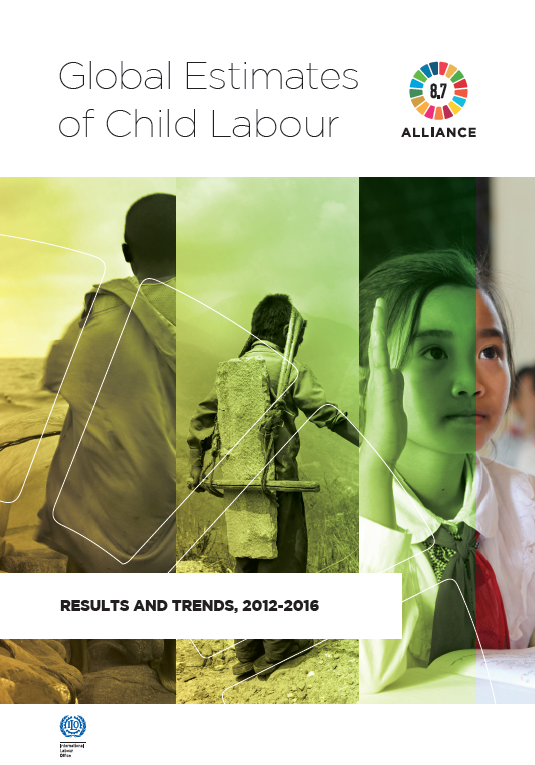
More News
Poverty, human rights, and statelessness interrelate with one another to varying degrees.…
The Pacific Community (SPC) in collaboration with Brisbane Accord Group (BAG) partners will be…
A new World Bank project aims to strengthen population and civil registration and increase usage of…
A multi-stakeholder group of approximately 20 participants from Fiji Bureau of Statistics, Ministry…
The Philippine National CRVS Stakeholders’ Conference for the Development of Strategies in…
This month, our community newsletter would like to highlight Ms. Olga Joos, a CRVS…
The Ten-Year Pacific Statistics Strategy (TYPSS) 2010–2020 was adopted by leaders of Pacific…
The workshop on 7-11 November 2022, was jointly organized by NESDC Thailand, the United Nations…
The CRVS Systems Improvement Framework was developed by Vital Strategies, with the support of the…
A multi-stakeholder group of 20 participants from Lao Bureau of Statistics, Ministry of Home…



